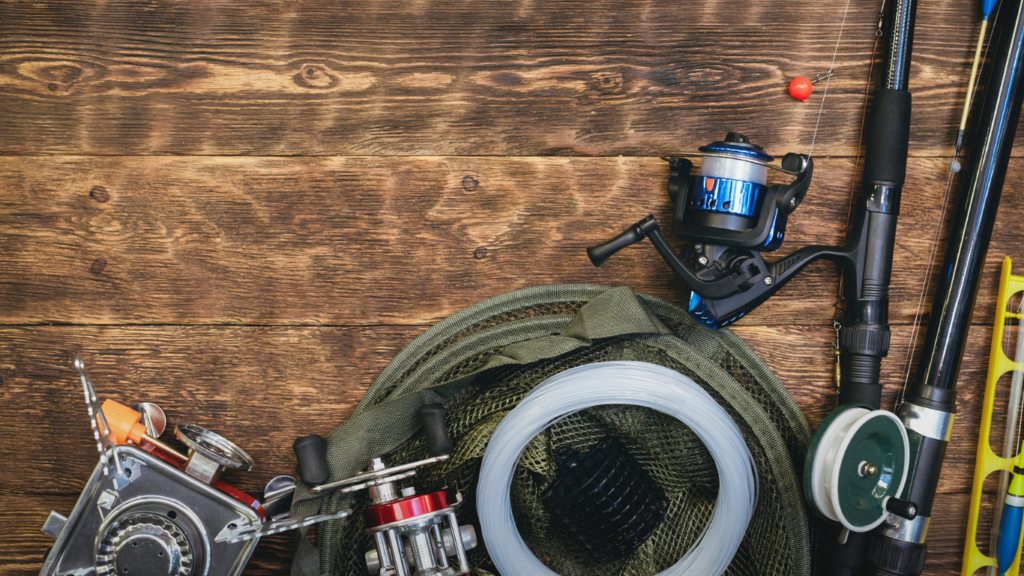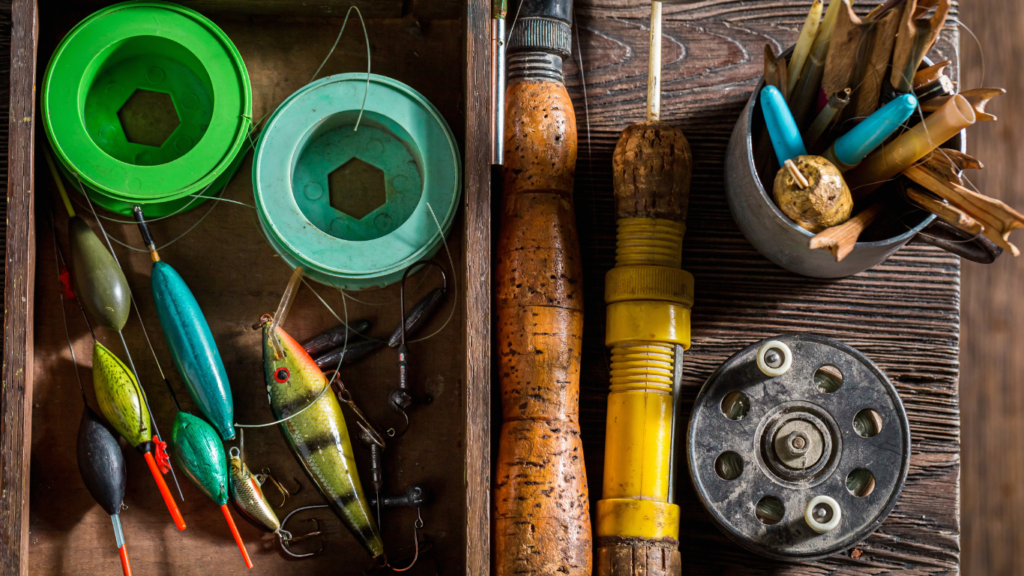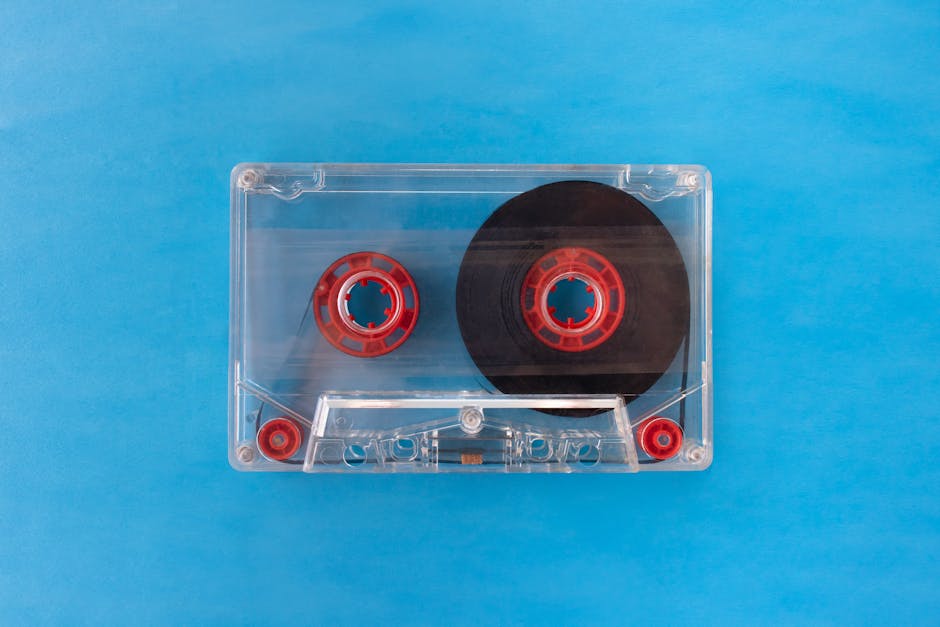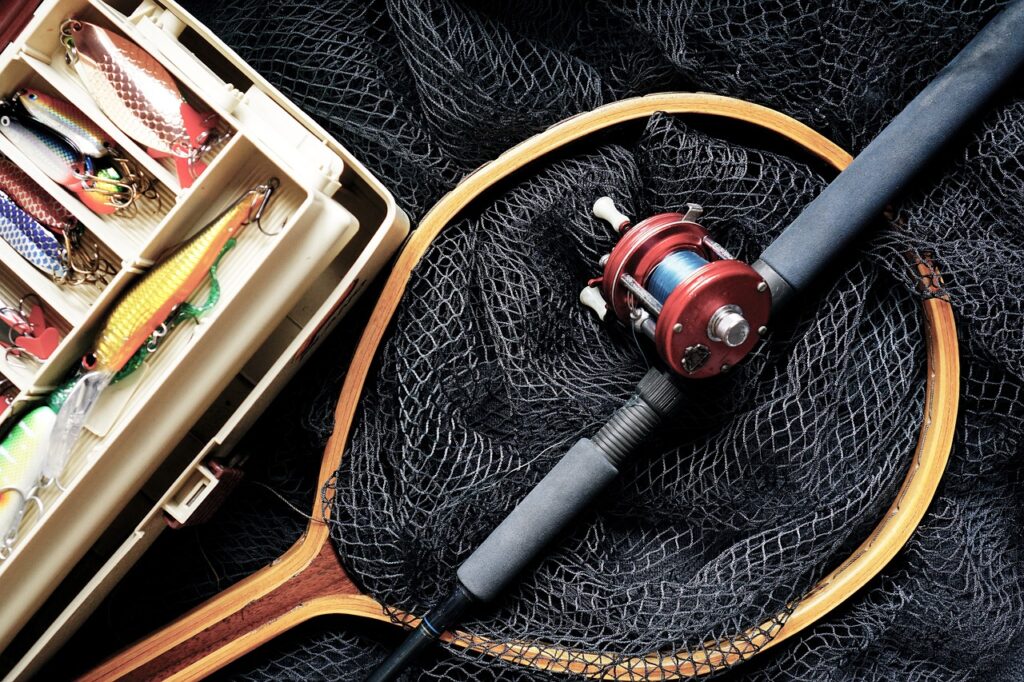Fishing isn’t just a hobby for me—it’s a passion, and like any passion, it demands care and attention. Over time, I’ve learned that maintaining fishing equipment isn’t just about keeping it looking good; it’s about ensuring it performs when it matters most. Neglecting even the smallest details can mean the difference between reeling in a prize catch or losing it altogether.
Importance Of Maintaining Your Fishing Equipment
Maintaining fishing equipment ensures consistent performance during trips. Clean gear reduces the risk of malfunctions, such as reels jamming or lines snapping, which can compromise a successful catch.
Proper maintenance extends the lifespan of your gear. For example, rinsing rods and reels after saltwater use prevents corrosion, keeping them reliable for years.
Well-maintained equipment saves money by reducing the need for frequent replacements. Repairs, like replacing hooks on lures, cost less than buying new tackle.
Taking care of your gear ensures safety while fishing. Damaged rods or frayed lines can lead to accidents, especially under heavy tension during a catch.
Cleaning Your Fishing Gear
Cleaning fishing gear improves performance and prevents premature wear, so it’s an essential part of maintenance. Use the right techniques for each piece to keep your tools in top condition.
Best Practices For Cleaning Rods And Reels
Rinse rods and reels with fresh water after each use, especially after saltwater trips. Use a soft cloth to wipe down the rod and reel body, removing dirt or residue. For reels, disassemble parts like the spool, wash them separately, and dry each thoroughly to prevent corrosion. Apply reel oil to moving parts to ensure smooth operation before reassembling.
How To Properly Clean Lures And Baits
Wash hard plastic lures and metal baits with warm water and mild soap to remove grime. Scrub crevices gently with a soft brush to eliminate debris. Rinse thoroughly, then air-dry completely to stop rust formation. Replace soft plastic lures if they’re damaged or show signs of wear. Store cleaned lures in tackle boxes with dividers to avoid mixing colors or causing entanglements.
Tips For Cleaning Fishing Lines And Nets
- Fishing lines benefit from regular inspection and cleaning.
- Wipe lines with a damp cloth while re-spooling to remove salt and dirt.
- For monofilament and braided lines, replace them periodically since they weaken over time.
- To clean nets, rinse with fresh water post-fishing to remove slime and particles.
- Use a diluted vinegar solution for stubborn odors or stains.
- Hang nets to dry fully to prevent mold.
Storing Your Fishing Equipment Correctly

Storing fishing equipment properly prevents damage, extends its lifespan, and ensures readiness for future use. An organized and protective approach keeps your gear in excellent condition.
Choosing The Right Storage Environment
Keep fishing equipment in a dry, cool place to avoid corrosion and damage from humidity. Avoid direct sunlight, as UV exposure can weaken lines and deteriorate materials. Use a well-ventilated area to reduce mold growth, especially for items like nets or tackle boxes. For longer storage intervals, consider adding silica gel packs to control moisture levels.
Organizing Your Fishing Tools For Easy Access
Group tools by type, such as:
- rods
- reels
- lines
- lures
to simplify retrieval. Use labeled containers or clear bins for smaller items like hooks and swivels. Install wall-mounted racks for rods to prevent warping. Designate sections in your storage space for frequently used gear; for instance, keep your go-to lures within easy reach. Proper organization saves time and reduces wear caused by improper stacking or tangling.
Seasonal Storage Tips To Protect Your Gear
Before seasonal storage, clean equipment thoroughly to remove salt, dirt, or moisture. Disassemble reels and lubricate components to prevent internal corrosion during extended downtime. Store lines loosely to reduce tension and avoid memory coils. For cold climates, store gear indoors to prevent freezing, which can weaken materials. Use rod sleeves and reel covers to offer additional protection from dust and impacts.
Repairing Fishing Equipment
Regular repairs keep fishing gear functional and prevent unexpected failures. Identifying and addressing issues early ensures a smoother fishing experience. Below, I outline essential repair practices for rods, reels, lures, and hooks.
Common Repairs For Rods And Reels
Inspect rods for cracks, loose guides, or worn grips. For cracks, use two-part epoxy adhesive to seal small damages, sanding once dried for a smooth finish. Replace loose or broken guides with new ones using thread wraps and a protective epoxy coating. Worn grips can be restored by applying shrink tubing or replacing the handle entirely.
Reels often need attention due to corrosion or mechanical issues. For spinning reels with stuck handles, disassemble and clean parts with a soft brush and reel oil. Replace damaged ball bearings or drag washers by sourcing specific replacements compatible with the model. Lubricate the internal mechanisms to ensure smooth operation.
How To Fix Damaged Lures And Hooks
Repairing hard plastic lures requires quick fixes like epoxy for chipped paint or small cracks. For broken treble hooks, use split-ring pliers to swap out the damaged hook with a new one. Smooth chipped metal baits with fine sandpaper to prevent line abrasion.
Sharpen dull hooks using a hook file to restore sharpness. If a hook is bent, carefully straighten it with pliers, ensuring the integrity of the metal is maintained during adjustments.
When To Replace Worn-Out Equipment
Replace fishing lines when fraying, discoloration, or significant weakening is evident. Swap rods if cracks grow beyond manageable repairs or if guides repeatedly detach. Similarly, outdated reels with frequent mechanical failures may warrant replacement.
Retire hooks and lures if they weaken from repeated repairs or corrosion. While repairs can extend life, using worn equipment risks compromised performance and safety. Prioritize dependable gear to maintain an enjoyable and efficient fishing experience.





